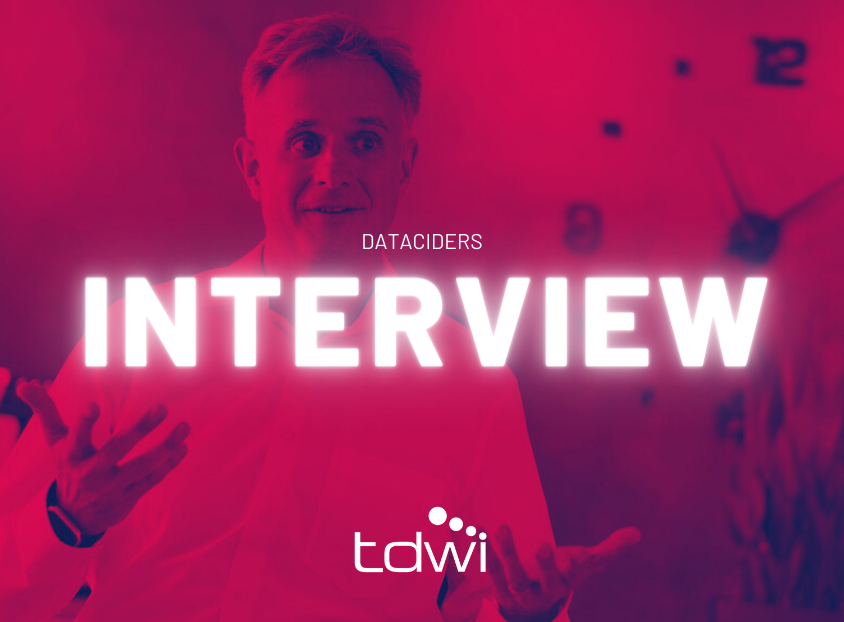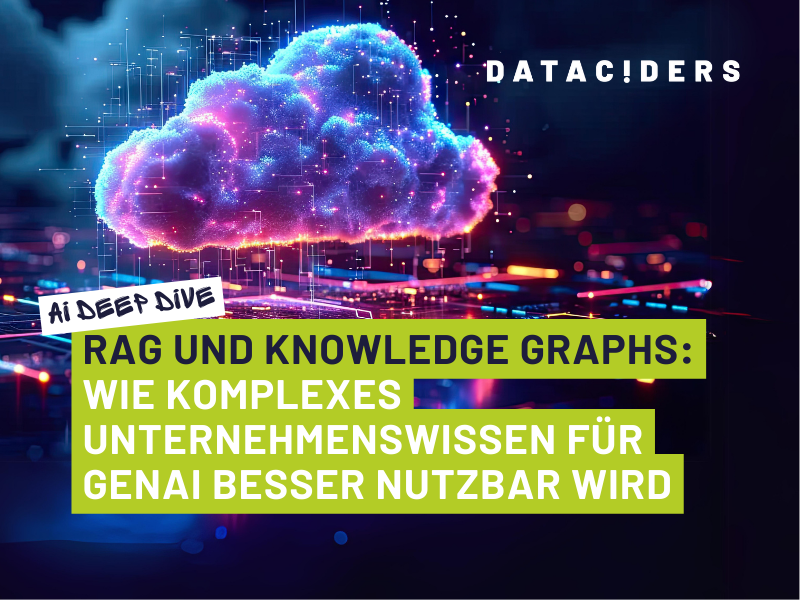05/03/2022 - Since coming together as a group of independently owned IT services companies, QuinScape, SD&C, ixto and InMediasP have been working together as QuinScape Group to ensure that no one ever has to make bad decisions again.
What distinguishes the individual companies in the Group, what are their main focuses and how do they complement each other? We will be shedding light on this in the coming months in detailed discussions with the CEOs of the sister companies.
We start with Dr. Simon Birkholz, Managing Director of ixto GmbH. He talks about how ixto has developed a strong focus on data science over the past few years and how the company helps customers make data analysis useful for their daily work.
"Making good decisions is very much related to data analytics and data science"
Simon, you are the managing director of ixto GmbH. What exactly do you do and what are your main focuses?
ixto brings data analysis into practice. This means that we help companies to develop data analysis methods for themselves and to make them usable for their daily work. Our consulting services range from the development of data and the formulation of data science use cases to the development of productive applications.
Do you have an industry focus?
We don't have a real focus, because our emphasis is more on methodology and technology.
The majority of our team has a strong mathematical and scientific background, which allows us to easily think our way into new industries. We have also experienced that many technological components can be transferred very well to different industries.
Nevertheless, there are some sectors that we serve more frequently. For example, we have had good customers in banking and finance for many years, which has always been an important sector for ixto. In addition, there are focal points in the energy, insurance and automotive sectors.
Tell us a bit about the history of ixto. How has the company developed over the years and how did you get involved?
ixto was founded in 2003 as a consulting company in the field of business intelligence. This means that we were initially highly specialized in the areas of data warehousing and database optimization. Microsoft was always a very important partner, and the technology stack was also our main area of activity.
I myself joined the company six years ago as a consultant when the Data Science area was to be established as a further branch in the company.
My background was in science, where I worked on the predictability of rare events, among other things. During my doctorate, I saw how data science was becoming increasingly popular and had at least already established itself as a term in business.
"The previous specialization in business intelligence provides a good foundation for data science projects."
I found that exciting and wanted to be part of this development. That's why it was clear to me after my doctorate that I wanted to do something in this direction. That's how I came to ixto, which was just looking for reinforcements to build up this topic in the company.
In the process, I quickly realized that the previous specialization in the area of Business Intelligence was a good foundation for Data Science projects. With this foundation, the Data Science area in the company has developed quickly.
How is your company structured and how is the team made up?
Currently we are 30 people, steadily growing, with many of us, as I said, coming from scientific and mathematical-scientific backgrounds.
However, we have learned to appreciate building up a broad spectrum, both in terms of expertise and academic background. For example, we have an economist with us and also a geographer.
In addition to employees with a doctorate, bachelor's graduates also come to us to quickly gain professional experience. In our experience, a bachelor's degree in math or computer science is a very good way to start your career as a consultant with us.
Another important aspect of our composition is our management team: Our team is managed by four team leaders, all of whom joined ixto as consultants.
Can you explain in more detail what the four teams are dealing with thematically?
The four areas reflect to some extent the link between methodology and practical application. The Data Science Core area deals primarily with methodology - to a large extent, this work happens in a scientific context. It is the only area with some focus on the energy sector, because that is a hot topic right now.
In addition to the Data Science Core, there are also areas that focus more strongly on applications. On the one hand, there is the area of Data-Driven Development, which primarily realizes software development in connection with data analysis. In addition, there is the Cloud Solutions area for consulting on platform solutions, and as a traditional area, so to speak, we still have Business Intelligence.
"Our four areas reflect a bit of the bracket from methodology to practical application of Data Science."
It has to be said that the individual areas are not sharply demarcated from one another. For example, the business intelligence area has grown together with the cloud area. There is a lot of technological overlap. In addition, everything we develop in the cloud area quickly flows into the Data Science Core area.
Overall, we hardly consider these areas as separate teams: rather, our four team leaders manage the entire team in close cooperation.
Where do you stand now and what are your future topics?
We are currently expanding our portfolio in the data science area. There are already some important subcategories that are developing, for example the topic of Speech Bot. We are also building up expertise in the area of computer vision.
There is also an increasing demand across industries for support in document analysis. Artificial intelligence is therefore just gaining in importance for us. Then there are the classic data science topics, so to speak, such as classifying and recognizing trends and seasonalities. These areas have been important for a long time, but continue to find practical application with our customers.
"Recognizing the importance of your own data is the next step in the digitization process."
As far as the major challenges for companies are concerned, I see recognizing the importance of one's own data as the next step in the digitization process. Data science consulting plays an important role here. Working with companies' departments to find out how they can benefit from their data is becoming an increasingly exciting topic for us.
ixto is a founding member of the QuinScape Group, along with QuinScape and SD&C. Why did you decide to do this?
This starts with the technological overlap within the Group. In the area of software development, we speak the same language in many places. In other areas, such as cloud platforms, we complement each other well, and joint project opportunities arose quickly after our merger.
For us as a small company, it's generally helpful and exciting to be able to take a look at other customer companies and see if they're doing similarly to those we're already talking to.
"We like that, tackling an issue together out of pure passion."
On the other hand, I also have the impression that colleagues from the group nurses find our work quite exciting. This interest has already led to opportunities for collaboration. We like the idea of tackling a topic together out of pure passion. I think that fits in well with our corporate philosophy.
The common vision of the QuinScape Group is that no one should ever have to make bad decisions again. How do you from ixto contribute to this?
Making good decisions, I think, is very much related to data analytics and data science.
In fact, what we realize with our customers is almost always decision support. This can concern decisions on a more strategic level, for example, when we evaluate whether there is a sufficient data and methodological basis for a planned project.
Sometimes the topic of decisions also has a very everyday meaning, for example, when we develop a dashboard for daily decisions for the employees of a customer.
Dataciders GmbH is an association of currently four independently operating IT service companies, all of which specialize in developing customized and future-oriented IT solutions for their customers. The focus is on data management and analytics, although each partner company contributes complementary areas of expertise.



